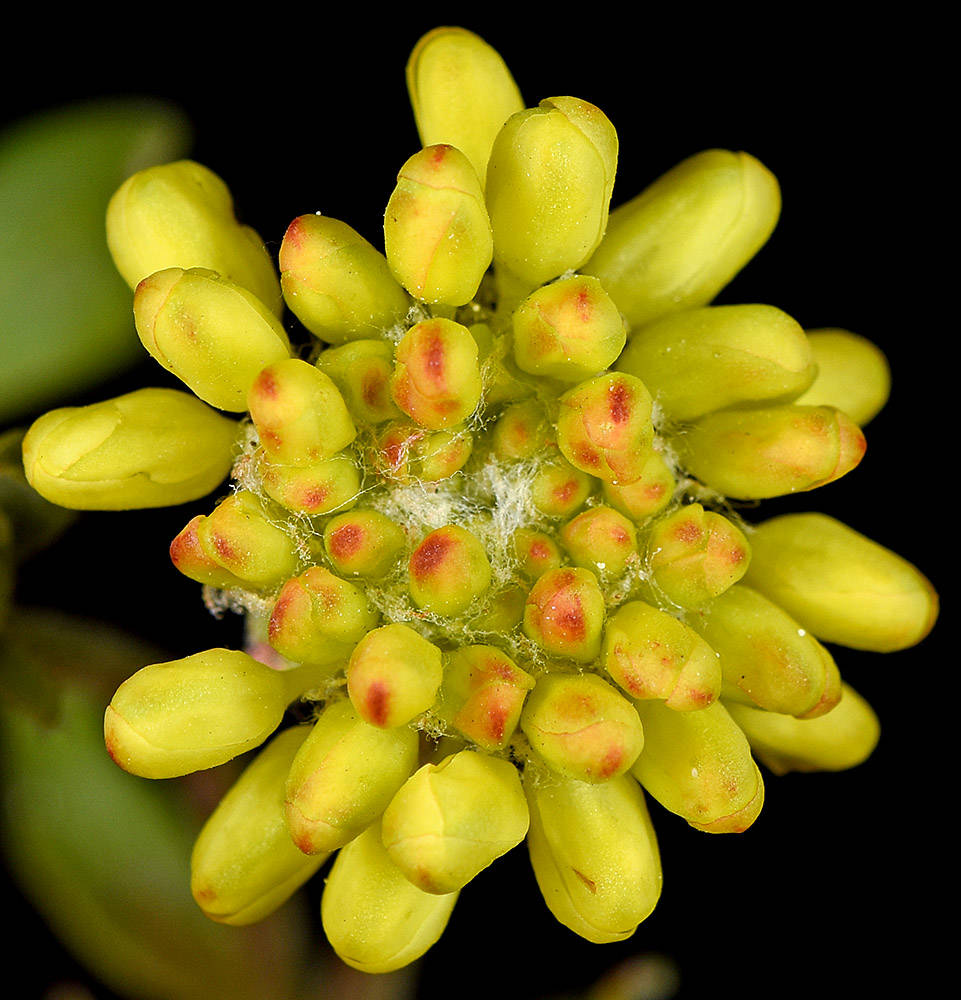
[This taxon will be assessed for treatment in volume 3 of Flora of Oregon, which is not yet published.]
as described under Eriogonum umbellatum var. argus
Herbs, usually spreading mats, 1-3 × 5-15 dm. Aerial flowering stems erect, (0.8-)1-2 dm, thinly tomentose to floccose or glabrous, often with single leaflike bract ca. midlength. Leaves in loose rosettes; blade oblanceolate to elliptic, (0.7-)1-2(-2.5) × 0.4-1 cm, mostly thinly tomentose abaxially, floccose or glabrous adaxially, margins often finely wavy. Inflorescences umbellate or compound-umbellate, branched 2-4 times; branches usually floccose or glabrous, without a whorl of bracts ca. midlength; involucral tubes 2-3 mm, lobes 2-3(-4) mm. Flowers 3-8 mm; perianth bright yellow.Flowering Jun-Sep. Gravelly to rocky serpentine slopes and ridges, oak and montane conifer woodlands; (900-)1500-2200(-2500) m; Calif., Oreg.Variety argus occurs in the Siskiyou/Trinity mountains of Josephine and Jackson counties, Oregon, and in Del Norte, Glenn, Humboldt, Plumas, Siskiyou, and Trinity counties, California. It is the serpentine counterpart to var. furcosum of volcanic and granitic soils in the Sierra Nevada, but is more elegant and much more attractive. The inflorescences are nearly always compound, and the flowering stem frequently has a single leaflike bract about midlength. Based on the latter feature, the one-eyed sulphur flower is probably more closely related to var. bahiiforme than it is to var. furcosum.